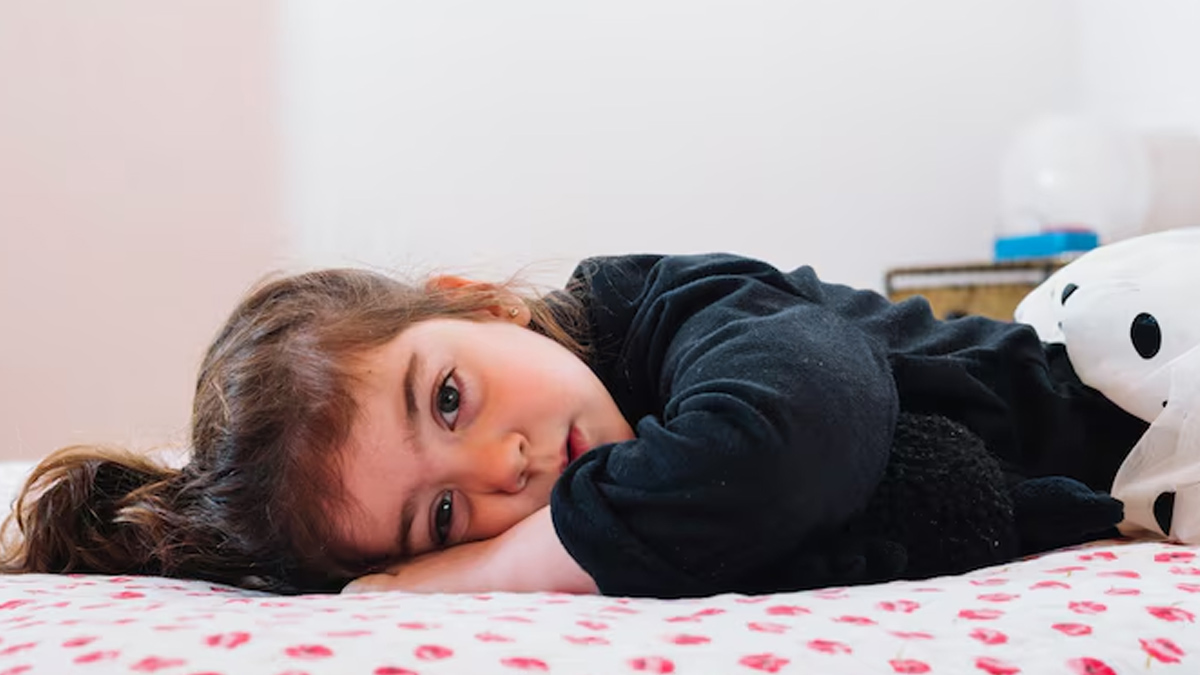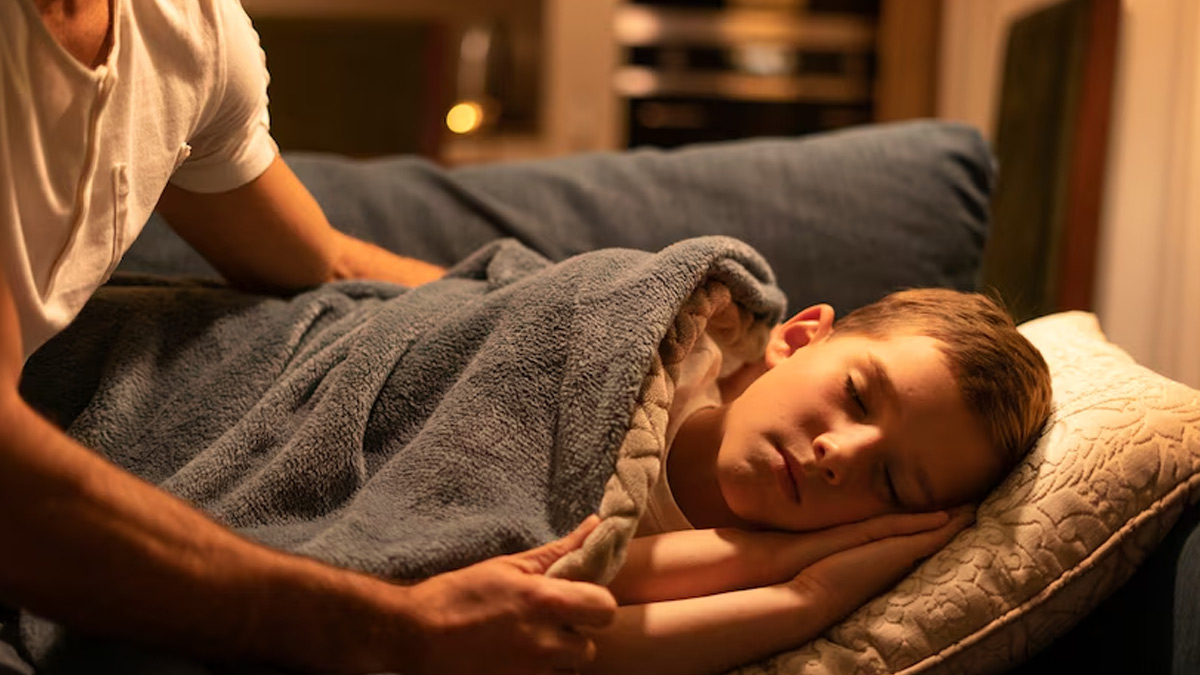
Bed wetting also called as nocturnal enuresis is a common problem seen in young children. Constantly scolding the child for wetting the bed or making fun of it can induce anxiety and fear in young kids. The fear of wetting the bed during sleepovers around siblings, cousins or even friends in some situations can also cause sleeplessness in kids.
Table of Content:-
To understand the common problem of nocturnal enuresis and how to deal with the anxiety associated with it, OnlyMyHealth interacted with Dr Rakesh Kumar Chadda, Head of Department, Psychiatry, Amrita Hospital, Faridabad.
According to Dr Chadda, “Nocturnal enuresis or bed wetting is a common problem seen in young children. It refers to a child voiding urine in bed or clothes while asleep. The child may or may not have earlier developed bladder control and should have attained a chronological or developmental age of 5 years. It may be seen in 5-10 % of children at 5 years of age, but the prevalence decreases with age.”

Causes of Nocturnal Enuresis
There are several causes of nocturnal enuresis. Talking about them, Dr Chadda said, “Oftenly, the onset of enuresis in a child who had earlier gained bladder control, enuresis indicates some stress.” Additionally, common life events like a new baby in the home, change of home, loss of a loved one or any other major emotional trauma can precipitate it in children who had earlier achieved bladder control. Doctor said that Urinary tract infection or an epileptic seizure during sleep can also cause nocturnal enuresis.
According to a study published by National Institute of Health, most of the children with primary nocturnal enuresis have significant signs of stress and mental health problems and most of the symptoms are anxiety disorders. “60% of patients with enuresis disorder had at least one mental factor.”
Bedwetting And Anxiety

When asked how anxiety and stress are associated with bedwetting, Dr Chadda said, “Emotional stress may precipitate it in a child who had earlier developed bladder control. Bed wetting affects self-esteem of the child and hence can cause significant stress.”
Adding that bedwetting can also cause sleep deprivation. Dr Chadda said, “Children with bedwetting often have fragmented sleep resulting in excessive daytime sleepiness. Thus, bed wetting may contribute to sleep deprivation.”
Also read: Bed Wetting In Children: Why Does It Happen, Tips To Stop
Managing Nocturnal Enuresis And Anxiety

As per Dr Chadda, parents need to be supportive and non-critical towards their children when it comes to bedwetting. “Sometimes, the child may not have received satisfactory toilet training, which would need to be reviewed,” he said. Here are some tips to manage it.
- Restriction of fluid (milk, water or any other drinks) for 2 hours before going to bed, asking the child to pass urine before going to bed and at night lifting the child to the washroom for toilet training.
- In an older child, setting an alarm around 2-3 hours after the child has gone to sleep, can be used to alert the child to go to the washroom to pass urine.
- A star chart for dry nights is also helpful.
- Don’t blame or punish your child for wetting the bed.
- If the problem of nocturnal enuresis runs in your family, let your child know about it.
Concluding, Dr Chadda said, “If these strategies don’t help, there are some medications like imipramine, which can be used, especially in children in higher age groups. In such cases, there may also be a need for urological investigations.”
(Disclaimer: This article is for information purposes only. We advise you to consult with a healthcare professional if your child is suffering from bedwetting.)
Also watch this video
How we keep this article up to date:
We work with experts and keep a close eye on the latest in health and wellness. Whenever there is a new research or helpful information, we update our articles with accurate and useful advice.
Current Version
